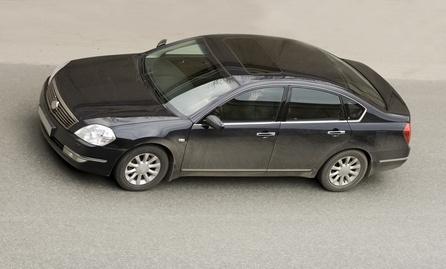
Antilock brake systems have become commonplace in most cars manufactured since the mid-to-late 1990s because they provide superior stopping power over older types of brake. However, it is important to remember that all brake systems can fail and will need periodic repairs, especially as your vehicle and its mechanical and electronic components age.
The ABS light on your dashboard can be triggered by any of a wide variety of problems with your brakes, ranging from serious mechanical problems to simple sensor or fuse issues. Sometimes the ABS light will come on because of a short or problem in the car's computer that has little or nothing to do with the brake system at all.
According to Allpar Repairs, dirt can get into ABS brake sensors and cause the sensors not to work properly, triggering error lights and codes from the car's computer. Your mechanic may be able to clean dirty sensors so they will work again, otherwise you could wind up replacing them.
According to Popular Mechanics, the wiring that controls the ABS system can be damaged. If the wiring is exposed or disconnected, your ABS system could malfunction.
If the ABS controller, which monitors such things as how fast the whels are turning, stops working on your car, you will no longer have antilock brakes. A broken or malfunctioning ABS controller will need to be taken to a mechanic for replacement or repair.